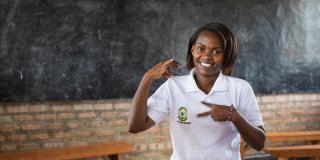
Brown – an inspiring film by community volunteer, Brown Niyonsaba and volunteer filmmaker, Justin Spray – explores the question "what does it mean to be a Deaf woman in Rwanda?" Brown shares her own experiences and the solutions she and other VSO volunteers have created.
Being able to access sexual and reproductive health information and services should be simple for everyone, but unfortunately, that is not always the case.
In this short film, we look at how volunteers in Rwanda are training community health workers in sign language so that they can support the whole community in delivering essential information - including for Deaf people.
Brown was screened at the Women Deliver 2023 Arts and Film Festival, a special feature of the Women Deliver 2023 Conference. These films tell the stories and show the faces behind Women Deliver’s mission of improving the health, rights, and wellbeing of girls and women.
Brown Niyonsaba
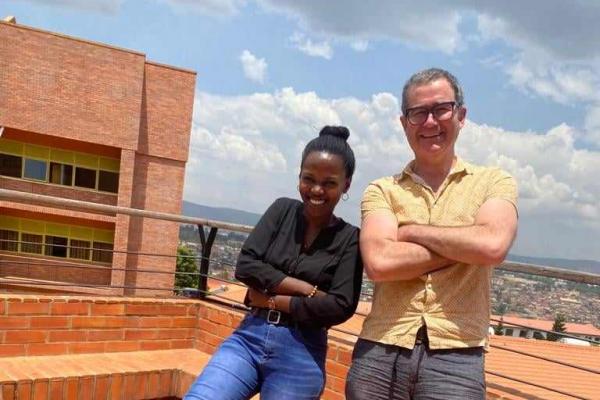
Brown is a VSO youth ambassador and a community volunteer on VSO's Imbere Heza project in Rwanda, who has supported Deaf young people to access health services. Brown has mentored Deaf peer educators, community health workers and nurses about sign language and also engaged with parents and community leaders. Brown's work in communities has helped her establish forums where those with disabilities feel heard and are able to report cases of violence. In 2022 Brown won an Excellence in Leadership for Family Planning (EXCELL) Award at the International Conference on Family Planning (ICFP) for her contributions to family planning.
Justin Spray
Justin is a filmmaker and Chartered Psychologist with expertise in participatory filmmaking, wellbeing and conflict resolution, and applying behavioural science evidence and insights to the creation of films for social change. He specialises in co-creation of content - documentary and fiction - aiming to give a voice to the people and communities he works with. Through Justin's time volunteering with VSO, his films have given some of the most marginalised people a voice, and helped to show the impact of the work being done by VSO volunteers.
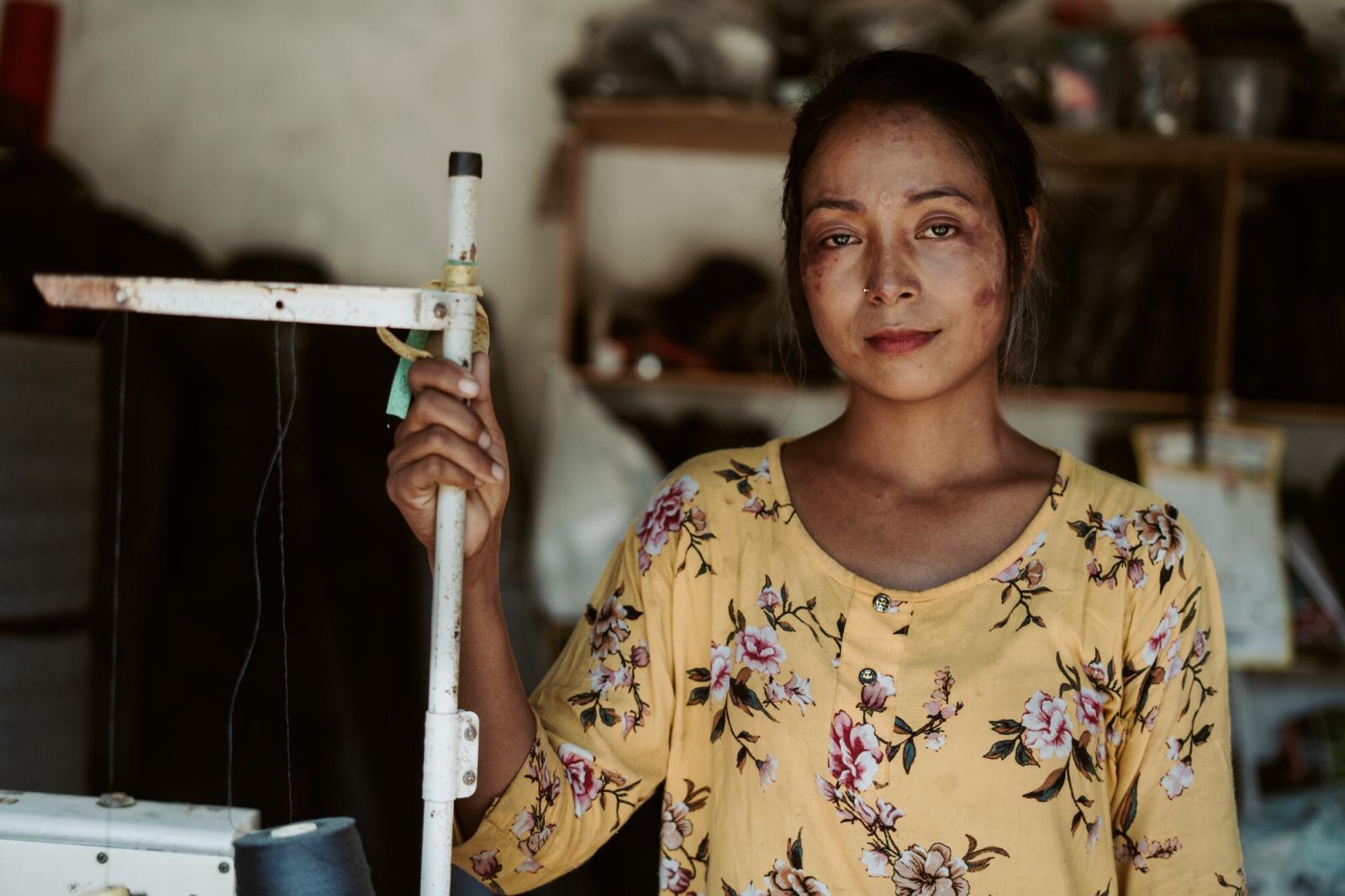
Support us with a donation
Read more

Reflections of 30 years: My time as a teacher trainer in Nepal 1985
Meet Anna Robinson, a British woman who volunteered as a VSO teacher trainer in Nepal in 1985. 30 years on from first arriving on placement, Anna has returned to Nepal. In this blog Anna shared her highlights and learnings from her experience.
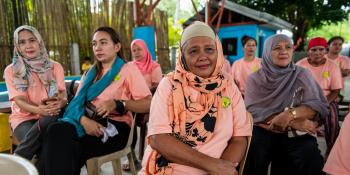
International Women's Day quiz 2025
International Women's Day, commemorated each year on the 8 March, is a global occasion celebrating the achievements of women. But how much do you know about the state of women and gender equality? Find out by taking our short quiz!
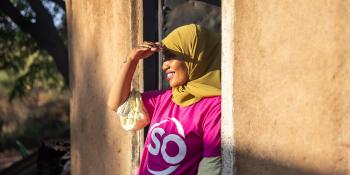
Five things women achieved this year that you might not know about
This International Women's Day, join us in celebrating the resilience of women across the globe with some female achievements you might not have heard about.
